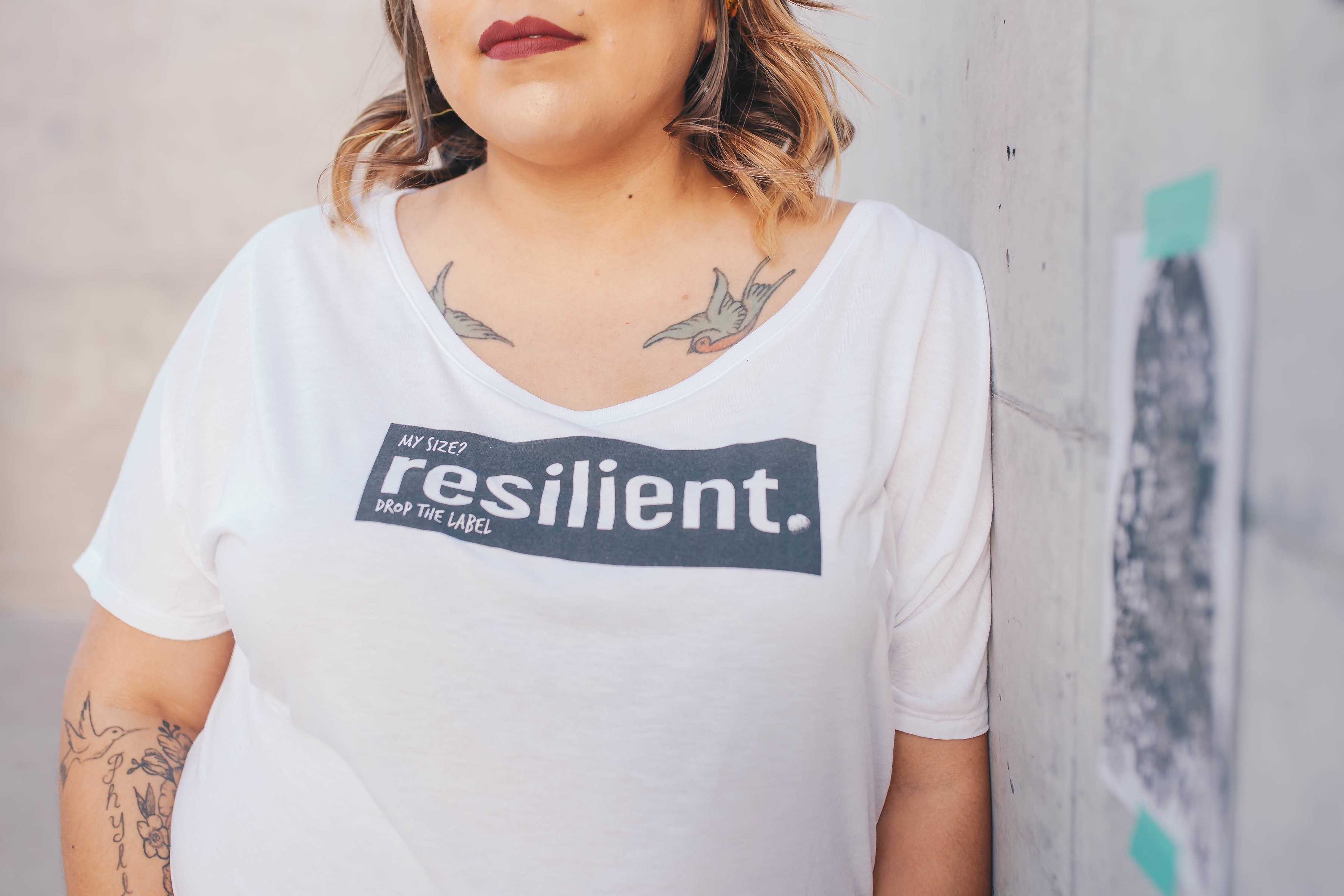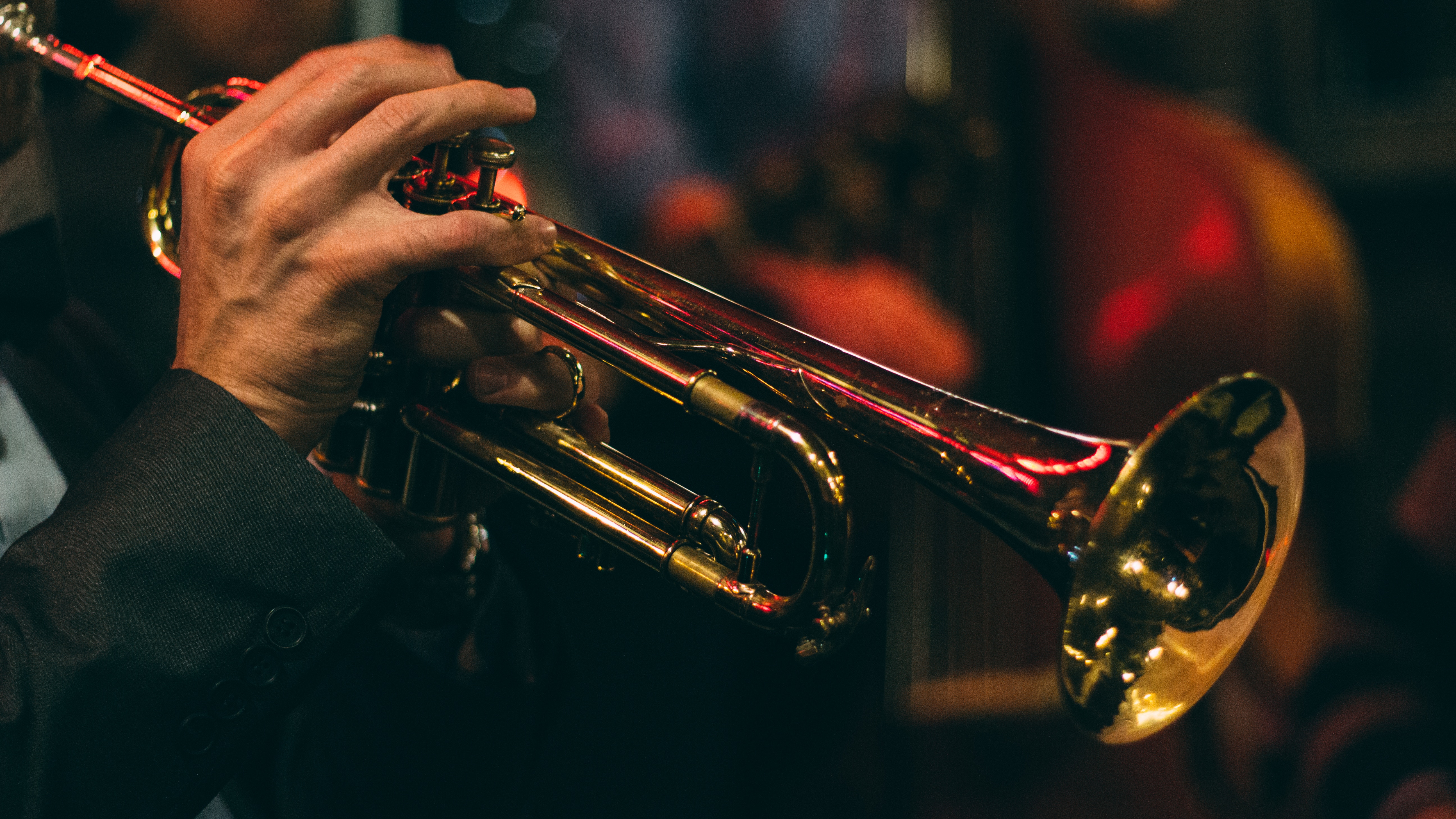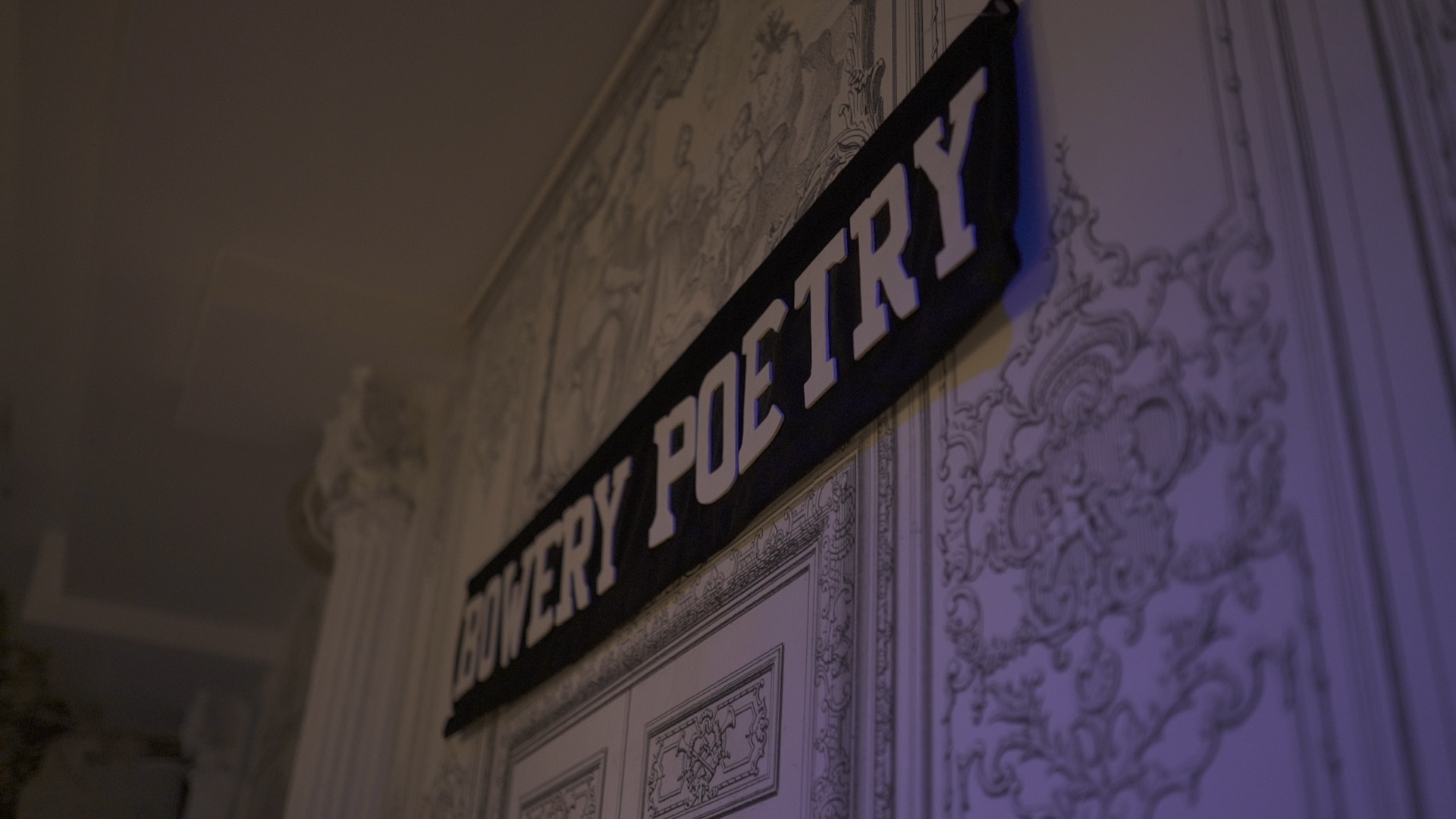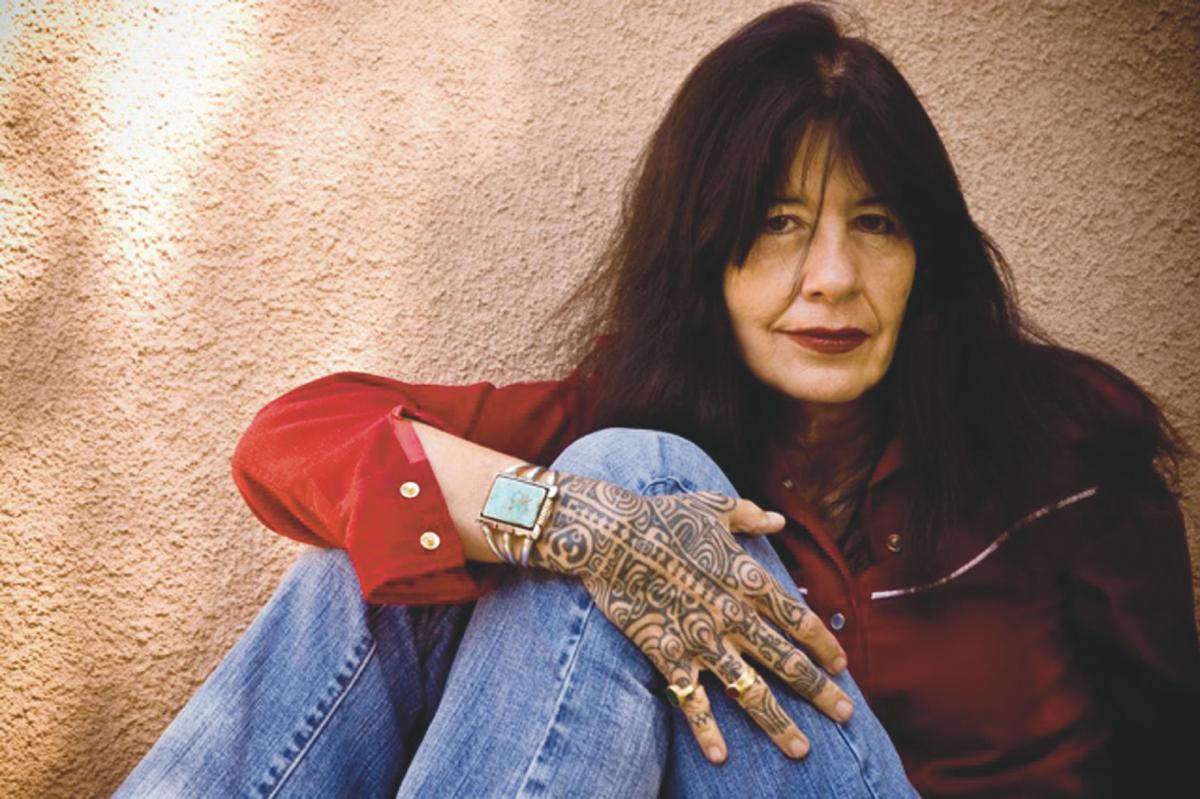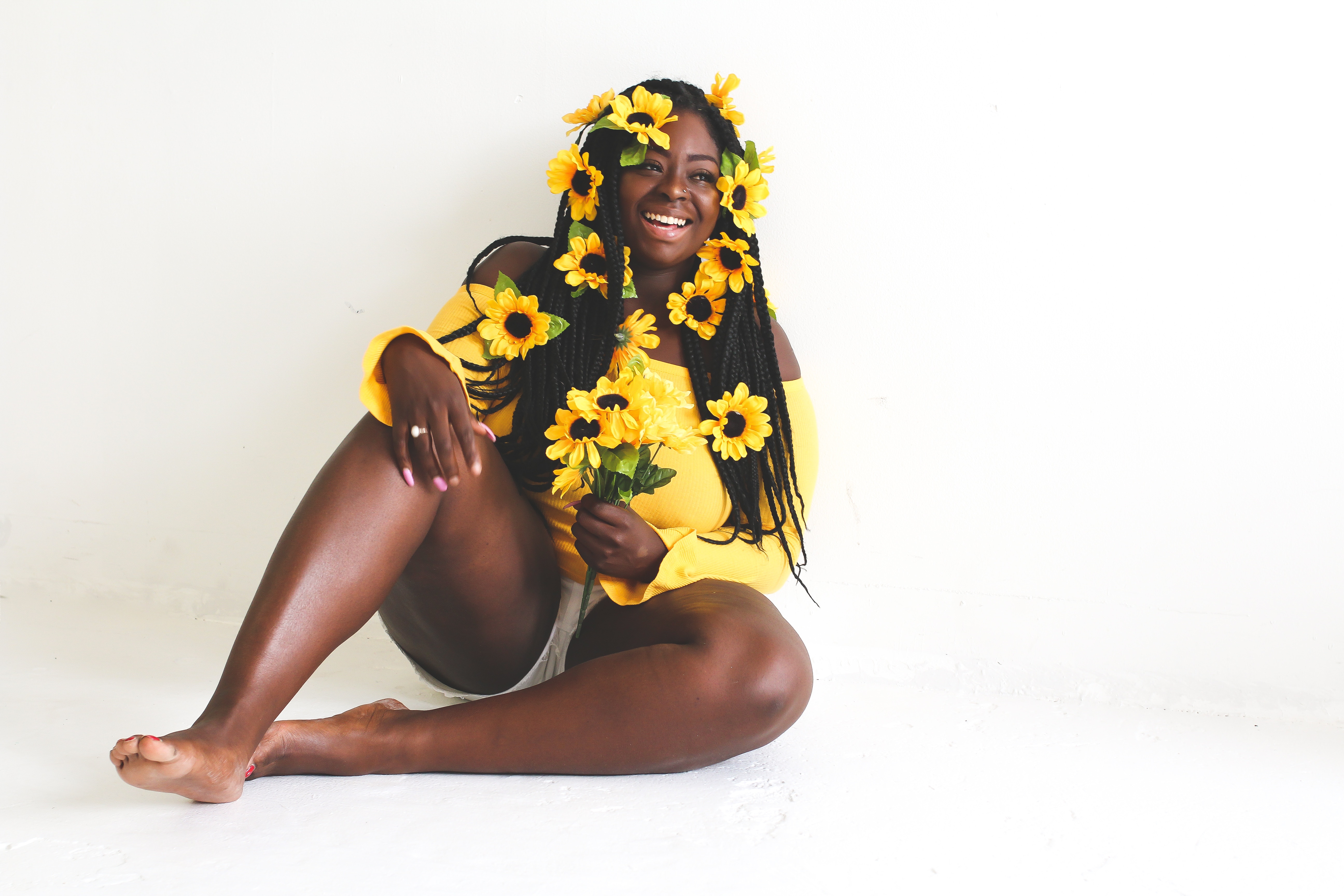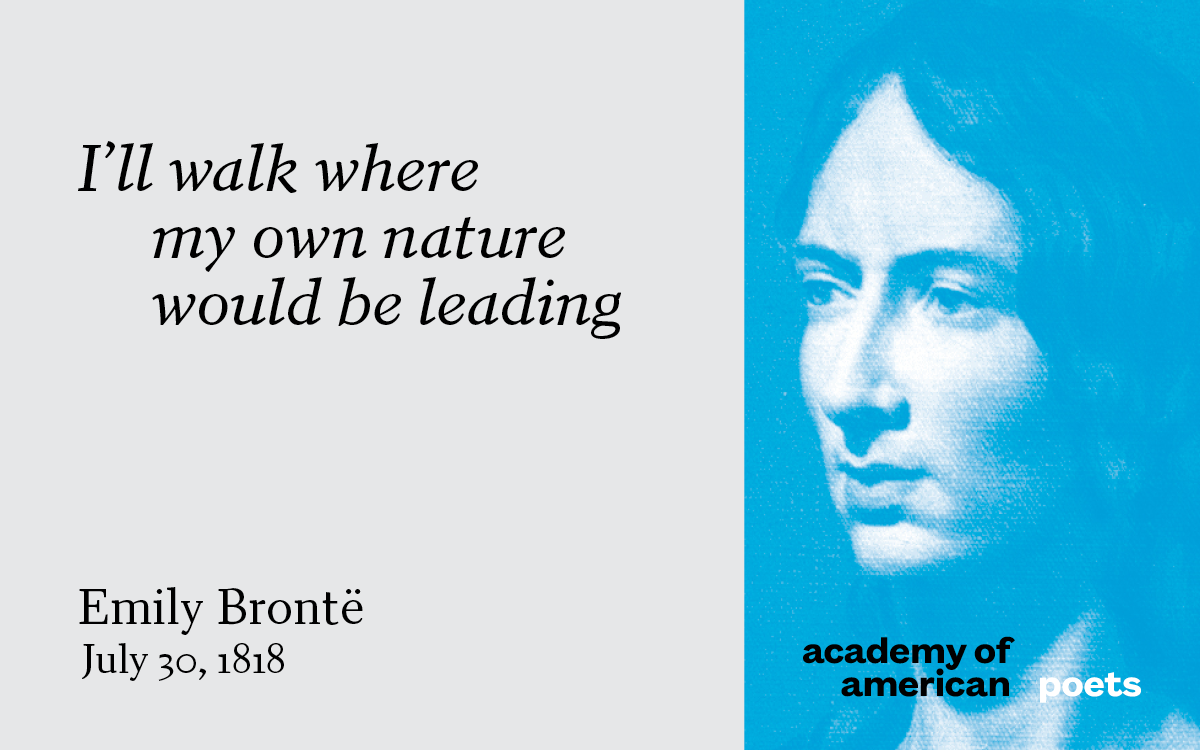Five Powerful Feminist Poets Throughout History
Poetry and feminism have a natural connection. The art form has often been noted as a form of resistance and a powerful way to give voice to the oppressed.
When Two Arts Beat as One: The Rise & Influence of Jazz Poetry
From the lyric poetry of ancient Greece to modern day hip-hop, poetry and music have been intertwined for centuries. Both music and poetry make use of rhythm, repetition, and wordplay to communicate emotion and resonate with the audience. However, a
Read Poetry x Bowery Event Recap The Importance of Spoken Word
It was evident that between the reaction in the room during the entire event and the collective voices that filled the day, spoken word is important to the poetry community, to keep our stories and words alive. “Go to where
Joy Harjo Talks Memoir, Poetry, and Diversity in Publishing
I was watching a TV show one night about a poet healer, although the show didn’t say this person was a poet healer. This person in their tribe sang the poem, and what was astounding was that they became what
The Movement of Poetry into Body Positivity
How we choose to use our words and present them to the world matters. It matters more than we might even realize at first, which is why it is empowering to see so many poets discussing the topic of body
Interview with Jennifer Benka of Poets.org
“I believe that poetry is one of our great art forms and that our lives can be positively transformed by taking time to read and appreciate poems.”
Let Poetry Inspire You This Earth Day
Poetry’s most popular themes come to mind easily: love, death, and—of course—nature. Though nature’s role as poetic inspiration can be traced back to the BC era, it gained popularity in the 19th century, when pastoral poetry showcased rural life and
Indie Bookstore Our Daily Nada Brings a Poetry Resurgence to Kansas City
The owners of Our Daily Nada envisioned the space, part bookstore and part bar, as both an escape and an opportunity for customers to enjoy life’s simple pleasures.
10 Vivid Haikus to Leave you Breathless
Traditional and structured, this short form of Japanese poetry is well-known for its rule of 5/7/5: five syllables in the first line, seven in the second, and five again in the third. Haikus are known for their ability to paint

